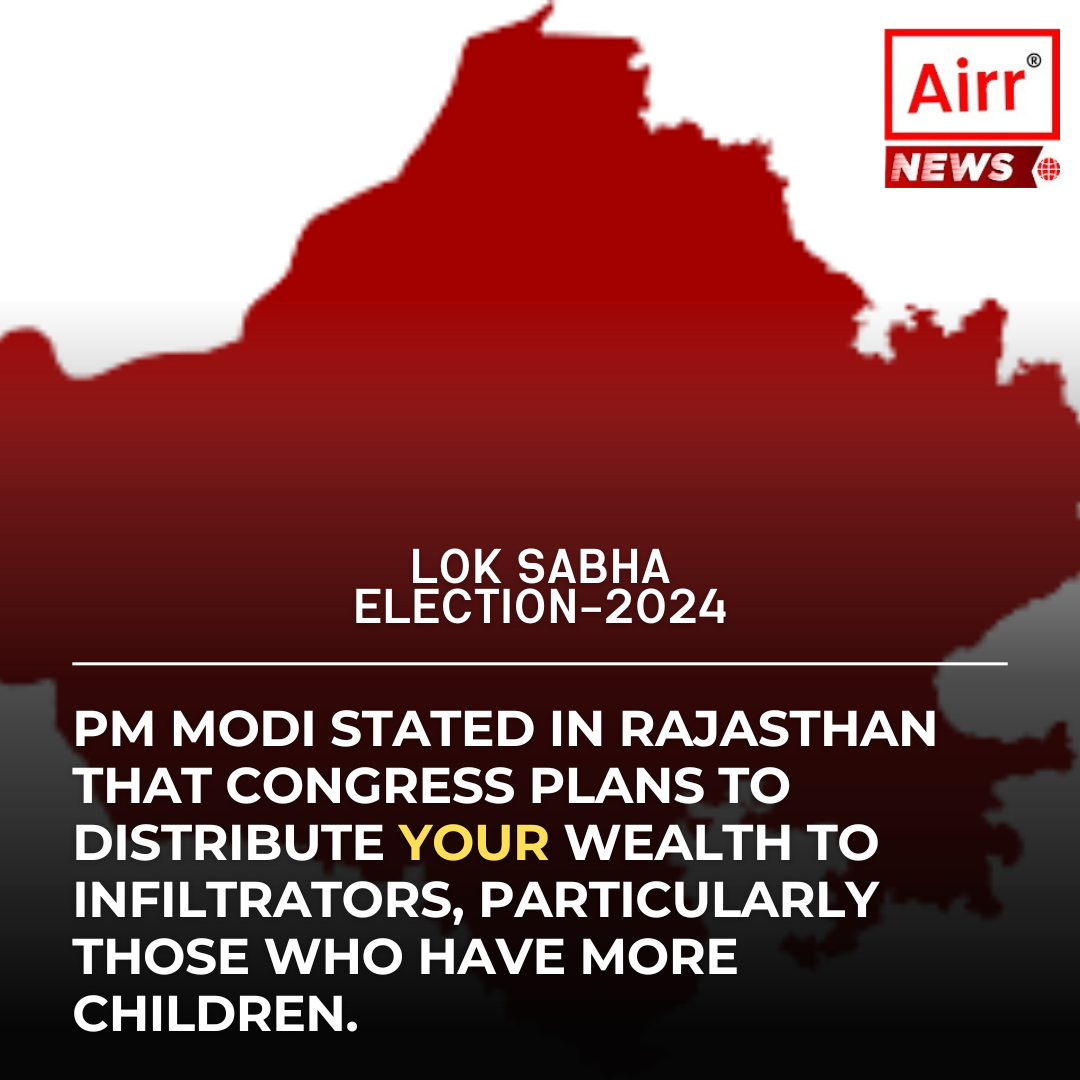Prime Minister Narendra Modi’s recent remarks during a rally in Rajasthan’s Banswara have sparked widespread debate and controversy. His suggestion that if the Congress were to come to power, there would be a redistribution of wealth to Muslims has drawn both criticism and support from various quarters. Modi cited former Prime Minister Manmohan Singh’s statement, which implied that the minority community should have the first claim on the country’s resources, as evidence of what he termed an “urban-naxal mindset.”
Modi’s assertion has ignited discussions on social media platforms and among political commentators, with some accusing him of fear-mongering and polarizing rhetoric. Critics argue that his comments are divisive and seek to exploit religious sentiments for political gain. They contend that such statements further deepen societal divisions and undermine the principles of secularism and equality enshrined in the Indian constitution.
On the other hand, supporters of Modi defend his remarks, asserting that they reflect legitimate concerns about the potential impact of certain political ideologies on the distribution of resources and welfare schemes. They argue that addressing these concerns is crucial for safeguarding the interests of all sections of society and ensuring equitable development.
The controversy surrounding Modi’s comments underscores the complexities of identity politics and the challenges of maintaining communal harmony in a diverse and pluralistic society like India. It also highlights the need for responsible and inclusive leadership that prioritizes unity and progress over divisive rhetoric.
In the midst of this debate, hashtags such as #ModiRemarks and #CongressPolicy have emerged on social media platforms, where users express their opinions and engage in heated discussions. While some call for accountability and transparency in political discourse, others emphasize the importance of fostering mutual understanding and respect among different communities.
As the political landscape continues to evolve, it is essential for leaders to uphold the values of democracy, secularism, and social justice, and work towards building a society where every individual feels valued and empowered, regardless of their religious or cultural identity. Only then can India truly fulfill its potential as a vibrant and inclusive democracy.
